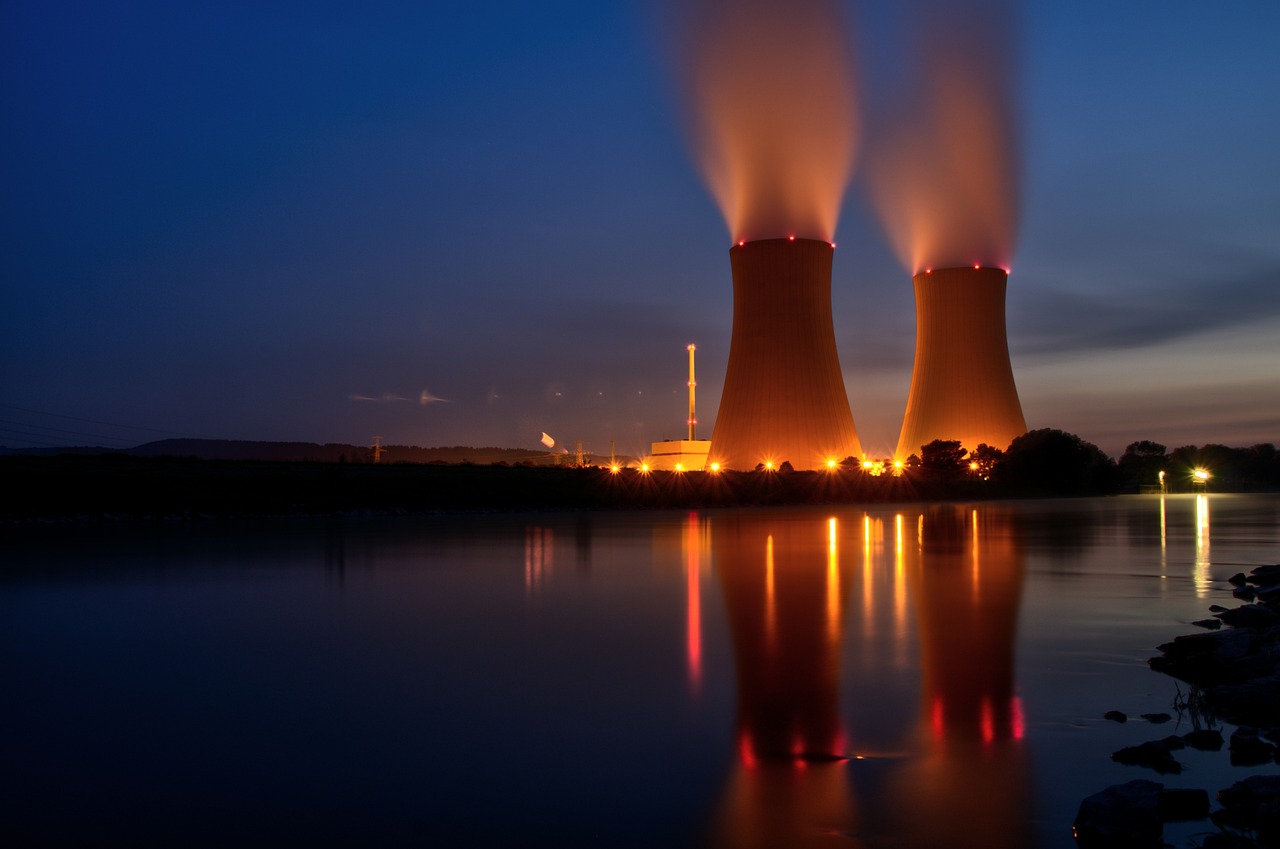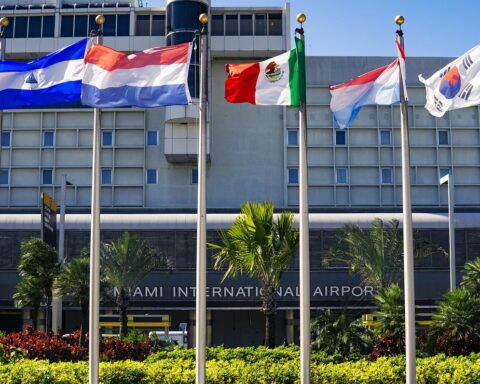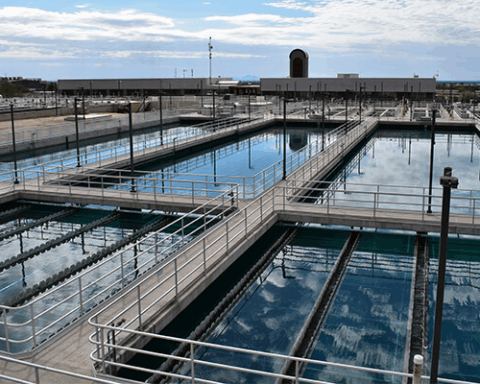Another tech giant is turning to nuclear power to meet growing energy needs from data centers. Meta, the company behind Facebook and Instagram, is charging ahead with investments in artificial intelligence, and now the company wants access to nuclear power, announcing plans to secure between 1-4 gigawatts of new nuclear generation capacity in the United States. The company released a request for proposals (RFP) aimed at identifying nuclear energy developers who can deliver projects starting in the early 2030s.
The investment comes as tech companies race to secure reliable power sources that can support AI development while meeting corporate environmental goals that require limiting carbon emissions. Meta’s announcement follows similar moves by Amazon, Google and Microsoft, who each unveiled nuclear power agreements in recent months.
Meta’s move into nuclear power reflects both the massive energy requirements of AI development and the tech industry’s growing role in shaping America’s energy infrastructure. Training large AI models can consume as much electricity as hundreds of U.S. homes use annually, driving tech companies to secure reliable, carbon-free power sources.
Building up to 4 gigawatts, Meta’s nuclear ambitions could significantly exceed the combined 1.6 gigawatts of capacity announced by its tech peers in October. While Microsoft focused on restarting Three Mile Island’s Unit 1, and Google and Amazon pursued small modular reactor projects, Meta’s commitment represents a major scaling up of the tech industry’s nuclear investment.
The company aims to accelerate nuclear technology through multiple unit deployments, potentially helping reduce costs across the broader industry at a time when nuclear could fill a critical gap as a clean energy source that is available around-the-clock.
“As we look ahead to our next decade of innovation and growth, we are planning for our data center energy needs while simultaneously contributing to a reliable grid,” Meta said in a press release on its website.
The company noted that nuclear projects require earlier engagement and different contract structures compared to traditional renewable energy deals, given their longer development timelines and operational lifespans. The RFP seeks partners who will handle all aspects of the nuclear projects, including permitting, design, engineering, financing, construction and operations.
This latest nuclear power commitment builds on Meta’s existing clean energy portfolio. The company has contracted over 12,000 megawatts of renewable energy worldwide, the company said.
Nuclear power development timelines mean Meta won’t see energy from these projects until the early 2030s. New nuclear plants typically require extensive permitting, environmental reviews and construction periods. Additionally, some projects may utilize advanced reactor designs that are still undergoing regulatory approval.
Qualified nuclear developers interested in Meta’s RFP can submit an intake form to receive further guidance on the process. The company has not specified a deadline for proposals or when it expects to select development partners.
Photo courtesy Pixabay













